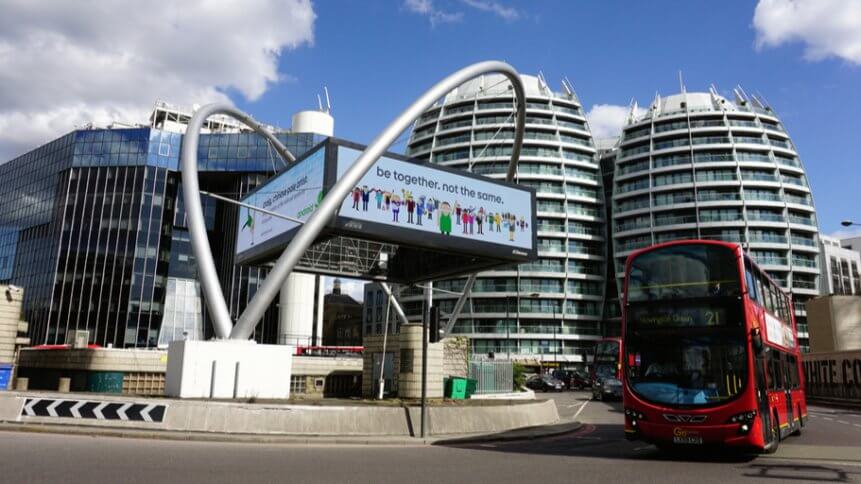Is uncertainty fuelling UK tech growth?

Apparently, despite the uncertain political climate, confidence among tech startups in the UK continues to grow.
The tech firm Studio Graphene found that 80 percent of tech startups are either ‘confident’ or ‘very confident’ about their growth prospects for the coming year. Though fewer startups said they planned to hire or to raise finance in the next 12 months than they did last quarter, more said they were looking to expand into new territories.
However you look at it, the British tech scene continues to do well.
What’s behind UK tech growth?
You could say that tech is growing so quickly that the strength of the UK tech sector isn’t a surprise, but part of a global pattern. But that doesn’t do justice to those in the sector who take great risks to turn their ideas into reality.
Most startups— some say as many as 90 percent— fail, and that’s because they require a large number of resources just to get off the ground, and the landscape is competitive. Those inside the industry know it takes more than a good idea and a decent program to create a successful app or piece of software.
But has coverage of Studio Graphene’s report been misleading? What if the startup culture was thriving because of the surrounding uncertainty, at least in part?
Entrepreneurship professor Vikas Shah of the Massachusetts Institute of Technology Sloan School of Management pointed out to the Guardian in 2017 that companies such as Microsoft, General Electric, FedEx and IBM “were born in, or close to, an economic crash.”
Shah and others have noted that times of uncertainty or crisis create a larger pool of affordable talent, make conventionally attractive roles look less appealing, and produce a market for second or third jobs. And entrepreneurs are born problem-solvers: I set up a business because I had a problem to solve, and that’s the way with many others.
YOU MIGHT LIKE

UK banks must ‘rethink approach’ for growth-driving SMEs
Startups may have reason to be bullish, then. But not all of them: in an uncertain world, certain qualities are particularly desirable. Agility and speed are hugely valuable in that they allow businesses to exploit the opportunities created by uncertainty as well as take evasive action.
And then there are the disruptive businesses, which are better protected by economic or political shocks; Philippe Botteri of the venture capital fund Accel told the FT that these companies take market share from incumbent businesses. “They are disrupting existing businesses,” he said.
Fortune favors the brave
Though the general belief is that the biggest threat to business is economic uncertainty, that isn’t always the case with startups.
In recent years, the startup scene in the UK has grown in confidence and wealth, despite the unprecedented political circumstances and atmosphere of economic unpredictability in which it operates.
That doesn’t mean all startups are doing equally well or are equally suited to ride out any uncertainty, however. And even those well-placed to endure a difficult period economically or politically shouldn’t be complacent.
But the strength of the UK tech sector remains strong: in Q2 it drew £3.2 billion (US$4 billion) in investment (more than double that of France, which attracted the second-greatest amount of investment in Europe).
And opportunities continue to present themselves to those hungry entrepreneurs bold enough to take them.








